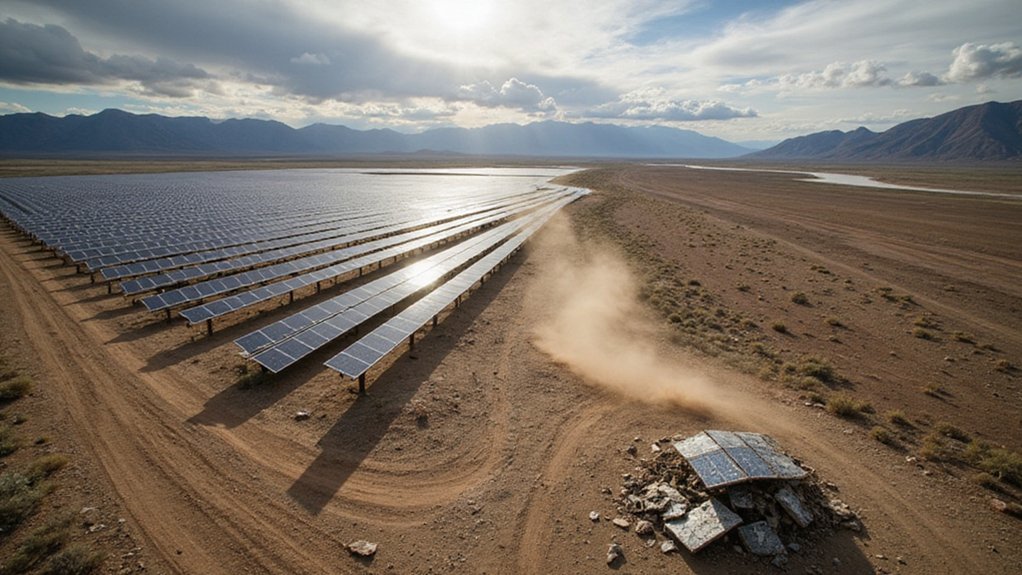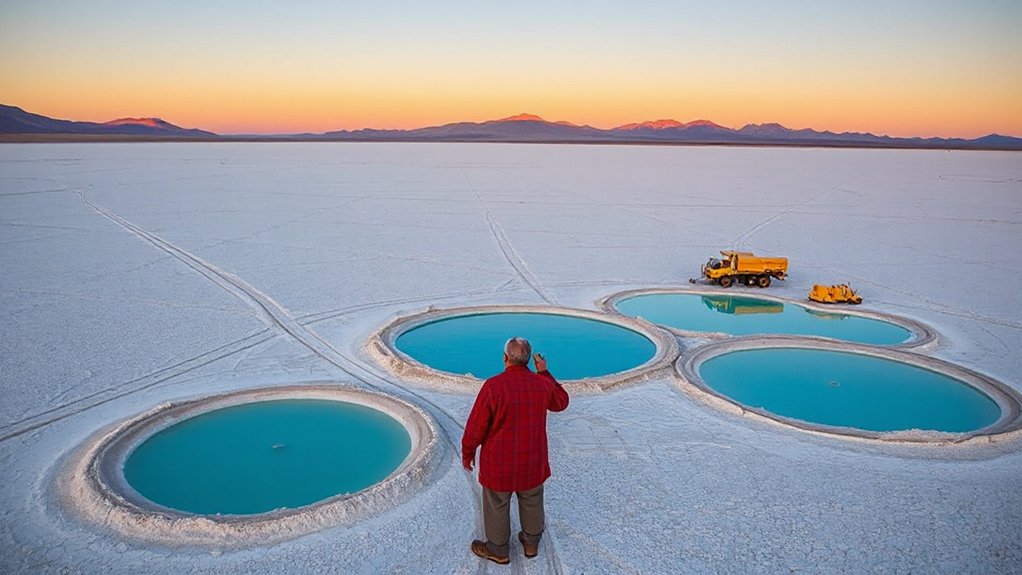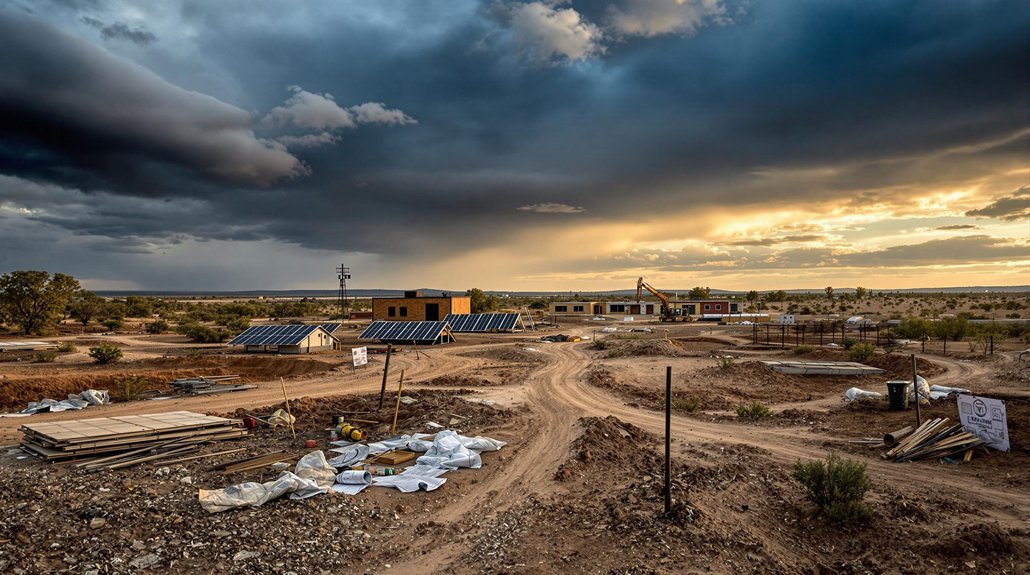Massachusetts residents are feeling the financial burn from Healey’s ambitious climate goals. While the administration touts a $50 million Climate Bank and $185 million in Green Communities grants, consumers get mere $50 electric bill credits. The state’s push toward net-zero emissions by 2050 demands costly housing upgrades with minimal relief. Officials celebrate “equitable” climate policies, but taxpayers foot the bill. The warm messaging can’t hide the cold financial reality.
While states across the nation struggle to advance climate policy, Massachusetts is taking bold steps under Governor Healey’s leadership. The administration’s Clean Energy and Climate Plan sets ambitious targets – net zero greenhouse gas emissions by 2050 and a 49% cut in residential heating emissions by 2030. Tough goals. Maybe too tough for regular folks’ wallets.
The new Massachusetts Community Climate Bank, seeded with $50 million in state funds, claims to focus on affordable housing for an “equitable shift.” Sounds nice on paper. But someone’s paying for it. Spoiler: it’s you.
Massachusetts throws $50 million at a new “Climate Bank” for equitable housing. Warm fuzzy name, cold hard reality—taxpayers foot the bill.
Meanwhile, 298 of 351 Massachusetts cities and towns have joined the Green Communities Program, grabbing over $185 million in grants since 2009. Three new communities jumped on board in 2024: Boxborough, Sandwich, and South Hadley. Their commitment equals 2,465 tons of greenhouse gas reduction. Great for the planet, not so much for residents’ bank accounts.
The Climate Ready Housing Program just dropped $16 million in its third funding round, retrofitting 997 affordable housing units. Indoor air quality improvements! Comfort! All at a cost that’s conveniently not highlighted in press releases.
Then there’s the CELT Initiative partnership with UMass Lowell and Boston University. $5.7 million for “equitable decarbonization” and geothermal energy. More buzzwords, more spending. Many families will struggle with the high initial costs of transitioning to these renewable solutions despite promised long-term savings. Healey’s administration is also aiming to create 40,000 clean energy jobs that will likely require significant taxpayer subsidies to materialize.
To soften the blow, the administration offered token relief: $50 credits on April electric bills and a 10% reduction in March and April natural gas bills. They’re touting $5.8 billion in savings over five years. Sure.
The administration also reformed permitting processes, mandating 12-month approval timelines for small clean energy projects and 15-month for larger ones. Faster approvals mean more projects, more spending.
The building sector accounts for over 25% of total emissions, and 80% of 2050 buildings already exist today. Translation: your home needs expensive upgrades. Now.
The state’s Priority Climate Action Plan focuses heavily on building decarbonization as a key strategy, targeting heating systems in existing structures for costly overhauls.
The green future looks bright in Massachusetts. Your financial future? Not so much.









